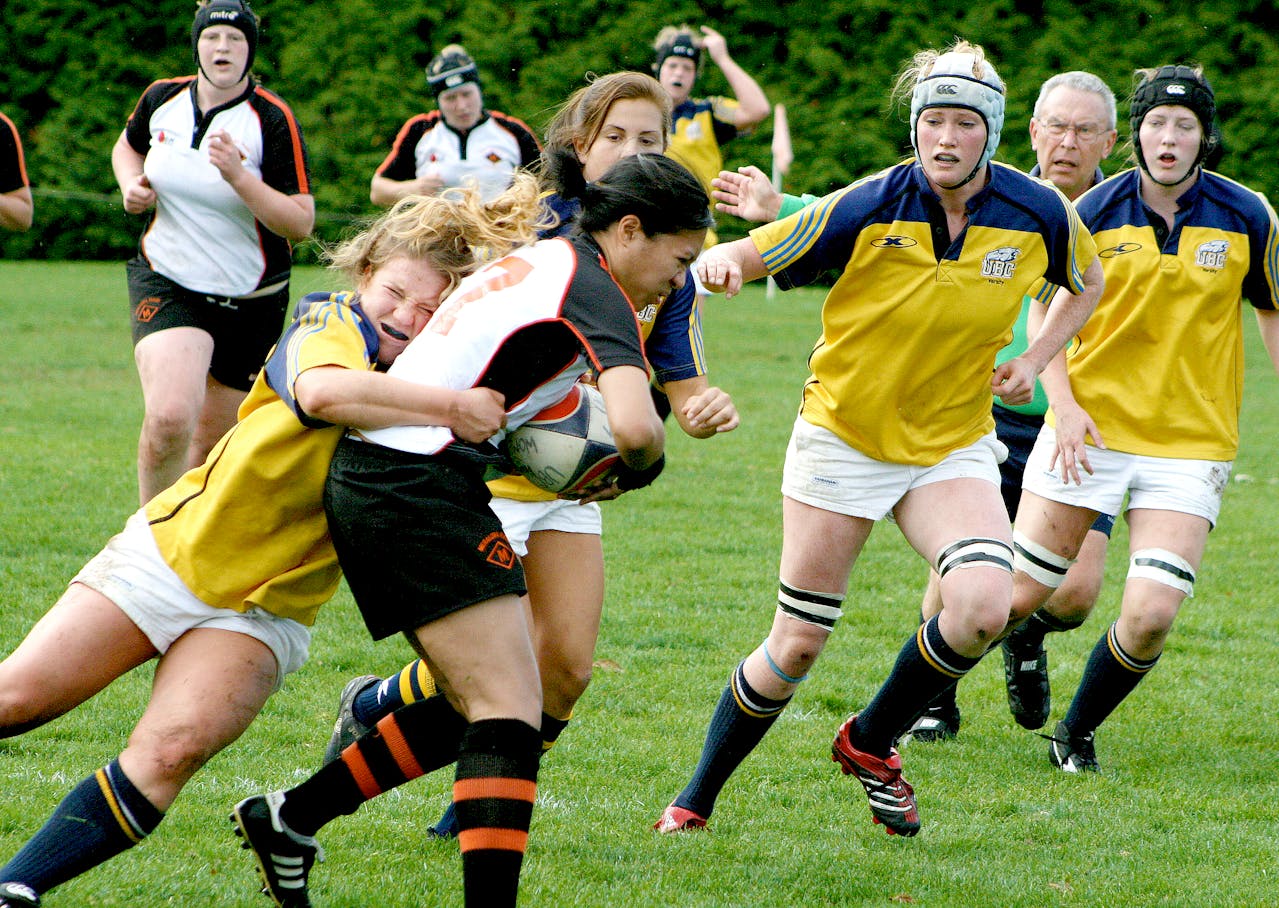A comprehensive study by the University of Edinburgh has found that 90% of rugby players experience mental health benefits from participating in the sport. The research, published in the BMJ Open Sport and Exercise Medicine journal, surveyed 500 adult players across multiple countries.
Dr. Steffan Griffin, the study’s lead author, states: “Rugby is widely known to provide health-enhancing physical activity for its eight million players worldwide, but the potential mental health benefits have been less well understood.”
The research revealed that more than half of participants reported “extremely positive” mental health impacts, while 40% noted “somewhat positive” effects. The study population comprised 55% male and 44% female players, with no statistically significant differences in mental health benefits between genders.
Amateur players showed notably stronger mental health outcomes, being three times more likely to report psychological benefits compared to professionals. The research team suggests this trend is most likely explained by the pressures that elite athletes face.
Touch and tag rugby players were more likely to report mental health benefits than contact players. However, researchers noted that the number of non-contact players in the study was low, with contact rugby players making up 87% of respondents.
More Stories
The study identified key factors contributing to positive mental health outcomes: fun, physical activity engagement, fitness improvements, and social support networks. Coaches and teammates emerged as crucial mental health contributors, being twice as likely to be credited as parents or guardians.
Challenges affecting players’ mental wellbeing included sprains, strains and fractures, performance pressure, and selection stress. The research also noted concerns about head injuries or concussions and exposure to aggressive coaches.
The geographic distribution of participants showed two thirds from the UK, 15% from Ireland, and 12% from South Africa. When comparing rugby players’ mental health metrics to the general population, researchers found similar results, though amateur players demonstrated almost twice the likelihood of being “psychologically well” compared to professionals.
Dr. Griffin added: “We’ll be conducting more research to explore this in greater detail.”

















